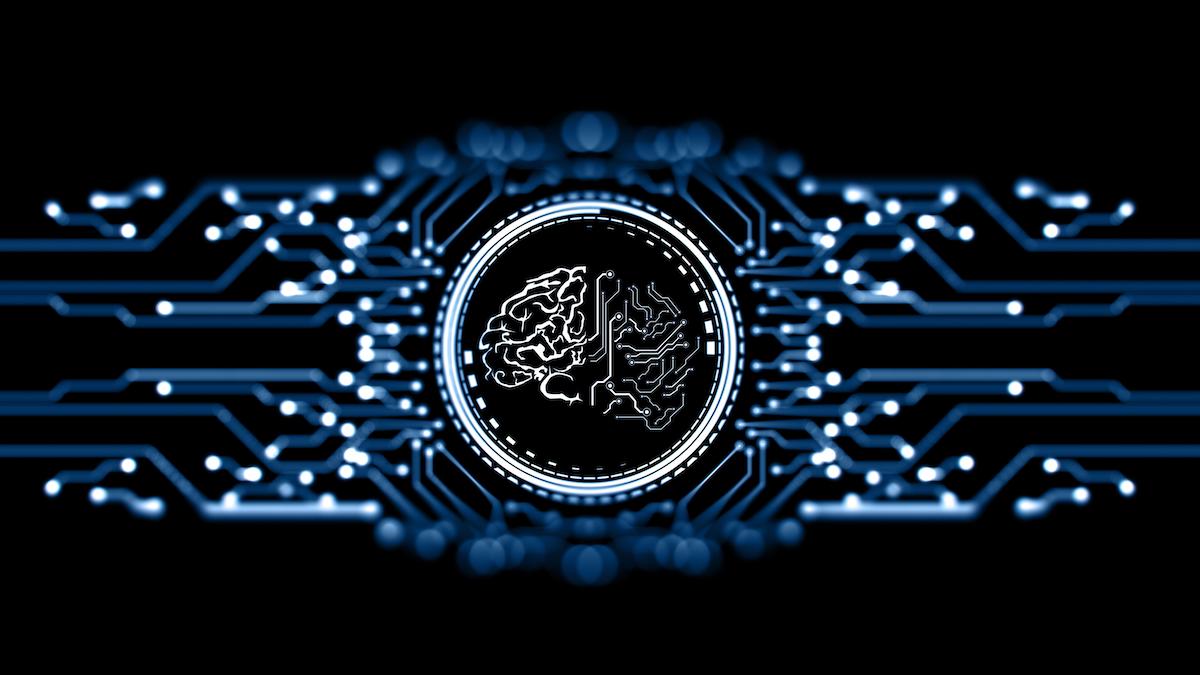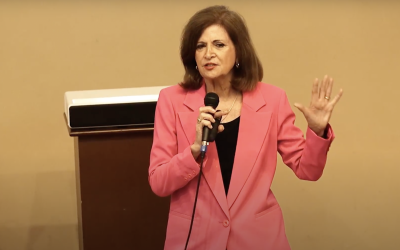ChatGPT in Today’s Classrooms
Since its introduction in the latter part of 2022, ChatGPT has been making a lot of noise in the technology, content generation, and education sectors, among others. ChatGPT is an advanced language model developed by OpenAI and is designed to facilitate interactive and dynamic conversations. It’s like having a 24/7 study companion at your disposal—you can ask it questions, make it write emails, code programs, summarize long paragraphs of text, or even create an itinerary for your next travel.
ChatGPT has also become popular — though a bit controversial — in the academe. Teachers can use ChatGPT as a virtual assistant. It can answer queries, check assignments, provide ideas for classroom activities, and offer resources. When integrated with school technologies like a Learning Management System (LMS), it can improve a teacher’s productivity, help produce content, and automate administrative tasks like assessments.
ChatGPT can also assist students by acting as a massive knowledge base. Beyond serving as an online assistant that can participate in a natural conversation, it can someday lead to tailored learning paths, personalized tutoring, and even more dynamic learning. The future is indeed full of possibilities with this Artificial Intelligence (AI) technology in the picture.
Cheating and Ethical Considerations
While ChatGPT brings benefits, concerns arise. Ensuring a level playing field and upholding academic integrity are crucial in any educational setting.
- Students can conveniently input a question into ChatGPT and retrieve an answer during exams. ChatGPT can answer anything from mathematics, to sciences, to the arts.
- ChatGPT’s text generation capabilities raise concerns about plagiarism. With a few taps, students can generate a book report about Noli Me Tangere, without ever having to flip a single page.
- ChatGPT’s current knowledge base is limited to data up to 2021, potentially affecting the accuracy and relevance of information generated beyond that timeframe.
- Moreover, ChatGPT is known to provide the wrong information at times, though it will sound plausible. This behavior is termed a “hallucination”.
- Users may rely on ChatGPT-generated responses without proper crediting sources.
- There should be a clear understanding that ChatGPT is a tool to augment teaching, not replace actual teachers. Balancing the use of technology with human interaction is essential in maintaining the personal connection between teachers and students.
- It is a must to guarantee equal access for all students to technological breakthroughs like ChatGPT so that educational advantages are not restricted to a few.
Addressing Cheating in the Age of ChatGPT
ChatGPT is a useful tool, but it also opens doors to cheating. Still, it doesn’t mean we must banish the technology before it becomes useful. We must be open to the benefits it will provide us while ensuring we take control of its disadvantages.
Implementing proactive measures and robust assessment methods can help safeguard academic integrity. By deploying certain tactics, educators can effectively address the potential risks and concerns associated with cheating using ChatGPT.
- Performance-based assessments. Use performance-based assessments to evaluate the practical application of knowledge, such as designing experiments or creating models. These assessments promote hands-on skills and critical thinking. In a science class, ask students to design and conduct experiments.
- Collaborative and project-based assignments. Assign collaborative projects to foster peer learning and collaboration. In a history class, groups can create a documentary to gain a deeper understanding of a historical event.
- Educating students on academic integrity and ethics. Include lessons and discussions on academic integrity, plagiarism, and responsible use of technologies in the curriculum. Teach students about proper citation, the importance of originality, and the potential consequences of plagiarism.
- Human supervision and monitoring. During exams, have teachers or proctors present to monitor students and deter cheating.
- Technologies to detect plagiarism and cheating. Utilize plagiarism detection software like Turnitin — an AI-based AI Detection and plagiarism detection software — as a tool to help ensure academic honesty. Such tools can compare a student’s work against a vast database of sources to determine originality.
- Critical thinking and originality. Prioritize creativity. For instance, in an English class, assign tasks like analyzing a literary text and relating it to personal experiences. By emphasizing higher-order thinking skills, students are encouraged to develop their own ideas, not ones generated by ChatGPT.
ChatGPT is a Tool
Technologies like ChatGPT are neither good nor bad. It is up to us users to steer their usefulness towards the better. Embracing ChatGPT can be valuable for education, but it requires proactive measures to safeguard academic integrity. The school administration, teachers, and students must work together to promote the responsible use of technology and sustain a culture of excellence.
ChatGPT and more technologies for education
At Xepto Education, we aim to empower students and teachers through technology. To explore how your school can leverage Learning Management Systems (LMS), digital libraries, AI, and ChatGPT in your classroom, reach out to Xepto Education at hello@xeptoeducation.com.











